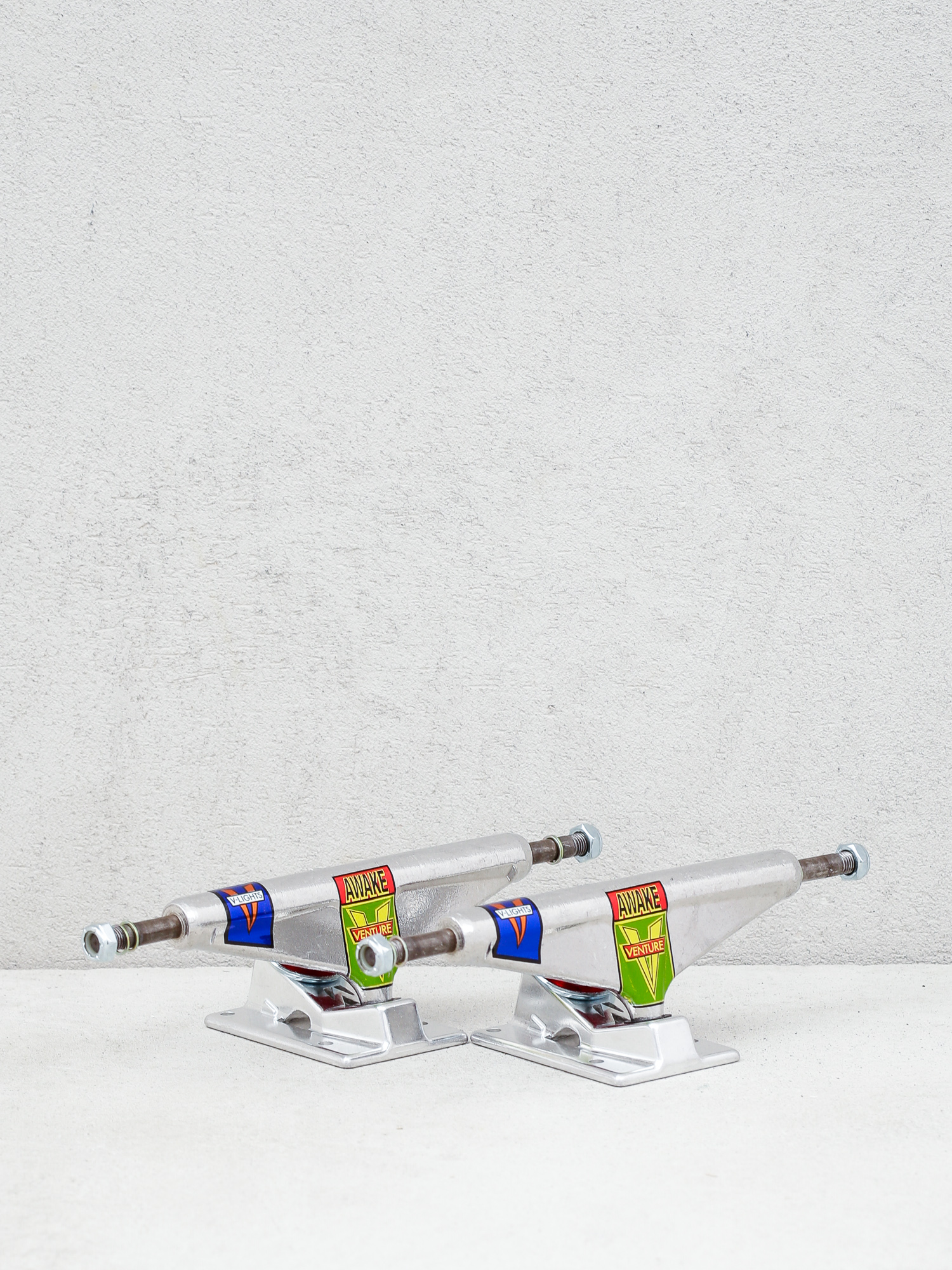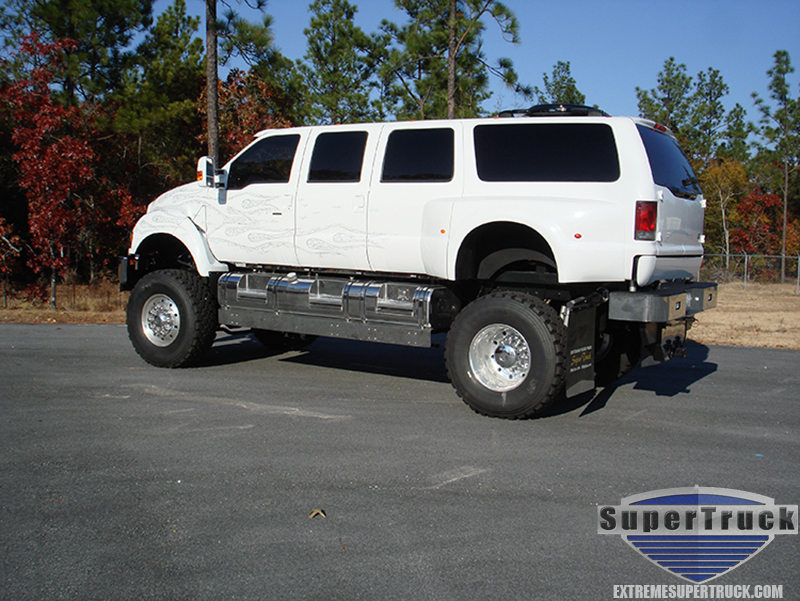

The Department emphasizes that recipients are prohibited from using requests for additional information concerning PNW issues as a way of targeting, punishing, harassing, or discriminating against specific firms or classes of firms.Recipients have discretion to devise procedures to obtain needed information in these cases. Where the recipient has a reasonable basis to believe that the PNW statement is incomplete or inaccurate, the recipient may "look behind" it, by seeking further information or conducting an investigation to clear up the issues. In addition, recipients should review each PNW statement to determine if there are any obvious mistakes, omissions, or suspicious information.Recipients should first review a PNW statement to determine whether the individual's PNW is more than $1,320,000. Falsification can lead to criminal prosecution.

A PNW statement is a signed representation to a DOT recipient that the information presented is true.This guidance applies to determinations of economic disadvantage under both 49 CFR Part 23 and 49CFR Part 26.ĭoes a recipient simply accept an owner's PNW statement? Should the recipient investigate? Section 26.67 (a) (Posted - 4/12/99) The recipient can rebut the individual's presumption of economic disadvantage under these circumstances, as provided in sec. However, the person's assets (e.g., a very expensive house, a yacht, extensive real or personal property holdings) may lead to a conclusion that he or she is not economically disadvantaged. For example, an individual with very high assets and significant liabilities may, in accounting terms, have a PNW of less than $1,320,000.Consistent with Small Business Administration practice in the 8(a) program, it is appropriate for recipients to review the total fair market value of the individual's assets and determine if that level appears to be substantial and indicates an ability to accumulate substantial wealth.Consequently, in determining whether an individual is economically disadvantaged, a recipient is entitled to look not only at the individual's PNW but also at his or her overall economic situation to make a reasonable determination of whether the individual is fairly regarded as being economically disadvantaged.The legal and policy rationale behind the PNW provision of the rule is that a program designed to assist socially and economically disadvantaged individuals should not include people who can reasonably be regarded as having accumulated wealth too substantial to need the program's assistance.However, there may be some cases in which an individual whose PNW is less than $1,320,000 may properly be regarded as not being economically disadvantaged. A person cannot be regarded as economically disadvantaged if he or she exceeds the $1,320,000 personal net worth (PNW) cap. If the owner of a DBE or ACDBE certified firm or applicant firm has a personal net worth of less than $1,320,000, does that necessarily mean that the recipient must regard the owner as being economically disadvantaged? Section 26.67(b) (2) (Posted - 11/14/12) Q&A’s have been added to address the following elements of the DBE program:

While these questions and answers are not mandatory, they are derived from extensive DOT, recipient, and contractor experience and input concerning the determination of compliance with Part 26. They are issued to provide an acceptable means, but not the only means, of compliance with Part 26. Like all guidance material, these questions and answers are not, in themselves, legally binding or mandatory, and do not constitute regulations. These questions and answers provide guidance and information for compliance with the provisions under 49 CFR part 26, pertaining to the implementation of the Department's disadvantaged business enterprise program. These questions and answers therefore represent the institutional position of the Department of Transportation. The General Counsel of the Department of Transportation has reviewed these questions and answers and approved them as consistent with the language and intent of 49 CFR Part 26.


 0 kommentar(er)
0 kommentar(er)
